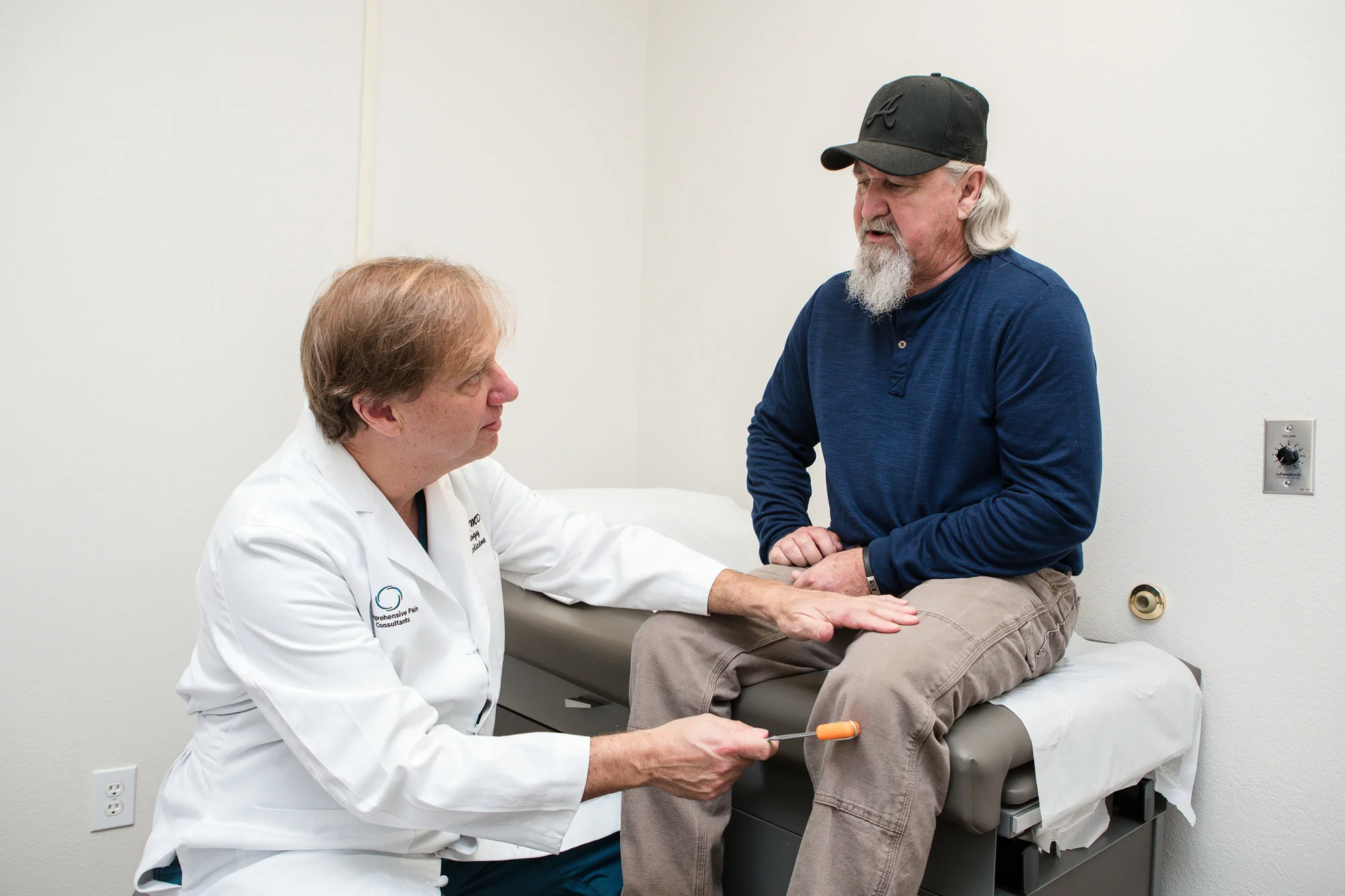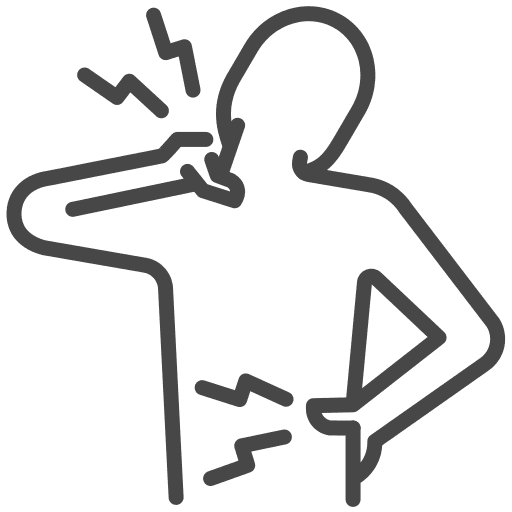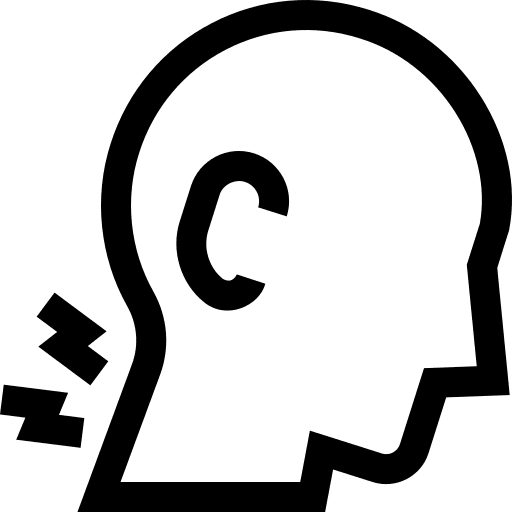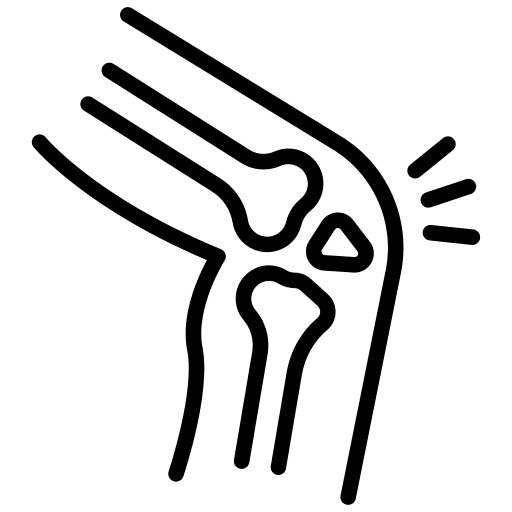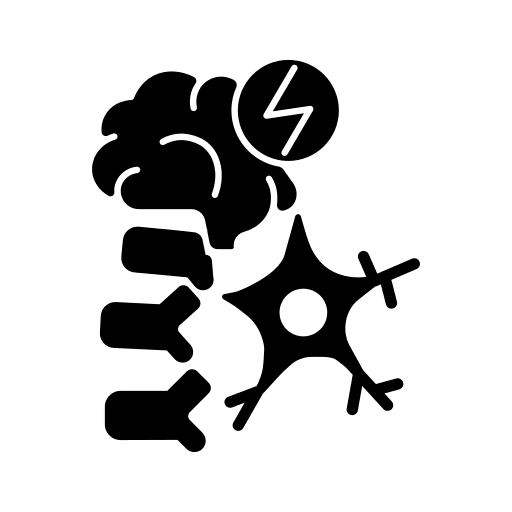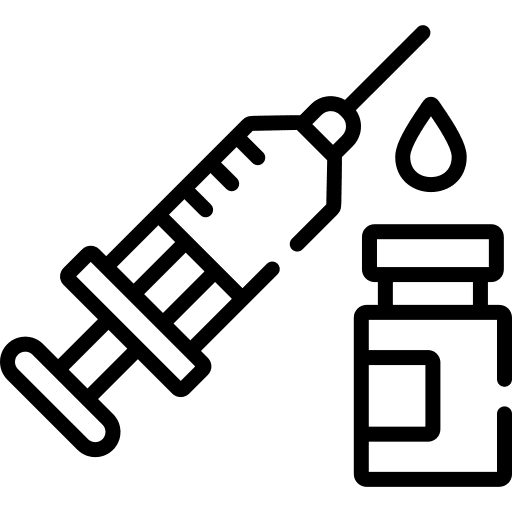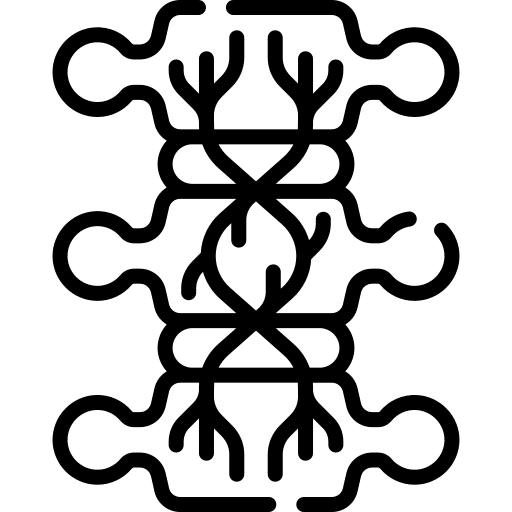
Many of us understand that chronic pain is physically debilitating. It’s also commonly known to cause mental and emotional issues such as stress, anxiety and depression. But, what about other long-term health conditions such as heart disease? Our Asheville pain doctors have taken a closer look at chronic pain and how it relates to heart disease.
About Heart Disease
Heart disease is the leading cause of death for adults in the United States. According to the Centers for Disease Control & Prevention (CDC), high blood pressure, high blood cholesterol and smoking are the main risk factors for developing heart disease. 47% of Americans have at least one of these three risk factors. Close to 630,000 Americans die from heart disease every year. A few other risks factors include:
-
Obesity
-
Diabetes
-
Sedentary lifestyle
-
Excessive alcohol consumption
-
Tobacco use
-
Poor diet
The sooner you are diagnosed, the easier heart disease is to treat. It’s important to talk to your doctor if you exhibit chest pain, difficulty breathing or experience regular fainting spells.
Chronic Pain & Heart Disease
Prolonged pain can put a huge amount of strain on our bodies—especially the heart and circulatory system. During a pain flair up, the body releases adrenalin, causing an elevated heart rate as well as a spike in blood pressure.
If chronic pain is not managed well, it can damage cardiac tissue as well as blood vessels in many ways. Chronic pain can also lead to chronic tachycardia, a condition in which the plus rate is greater than 100 beats per minute.
Long-term use of some pain medications can raise the risk of heart disease. Over the counter drugs such as ibuprofen has been shown to increase the risk of high blood pressure and heart disease. While this risk is most often produced among those already dealing with heart issues, they can develop among chronic pain patients without the presence of heart disease or painkillers.
Can Heart Disease Lead to Chronic Pain?
What about the other way around? It turns out, cardiovascular disease can also lead to the onset of chronic pain conditions. Patients who are diagnosed with heart disease may also suffer from pain related to inflammation and neuropathy (nerve damage). It can also intensify pre-existing pain conditions or lead to the development of new conditions. Most heart conditions include arrhythmia, heart valve disease and atrial fibrillation which cause chest pain/discomfort or difficulty breathing.
Treatment Options
For patients dealing with both chronic pain and heart disease, treatment options will vary depending on the progression and severity of the conditions. When chronic pain is diagnosed fist, it’s important to work with a pain specialist to discover the underlying causes and begin treatment. If pain is severe enough where it could be causing damage to the heart, one or a combination of the following treatments may be recommended: nerve block injections, steroid injections, simulator implants, surgery or medications
Learn more about our Asheville pain management treatments right here.
Asheville, NC Chronic Pain Clinics
It can be challenging to resolve health conditions before they turn into secondary health problems. This is notably true of chronic pain and heart disease which can often occur as a result of one another. If you’re dealing with any type of chronic pain, get in touch with one of our Asheville, NC chronic pain clinics to discuss your condition and begin the journey to sustained relief!
Get in touch with us by calling 828-483-4438
Disclaimer: You should always seek the advice of a physician or other qualified health care provider before beginning any exercise program. The information contained in this article does not constitute medical advice, nor does reading or accessing this information create a patient-provider relationship. Comments that you post will be shared with all visitors to this page. All comments are not governed by HIPAA and you should not post any private health information.


